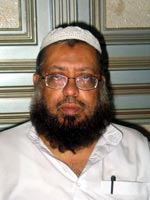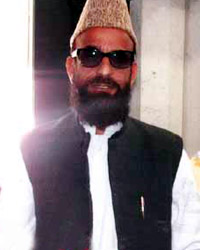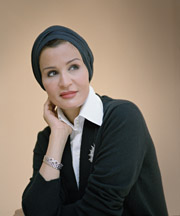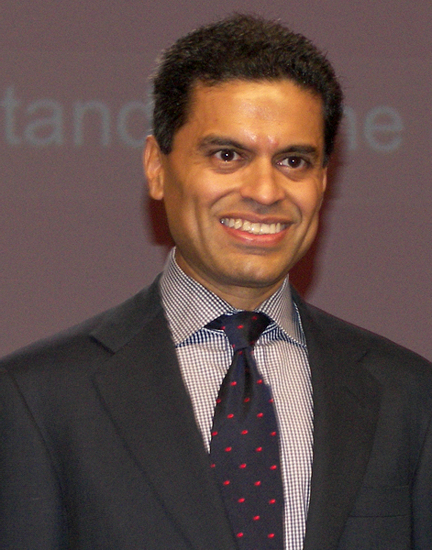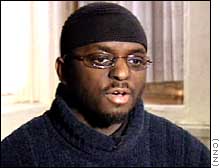Ein großartiger Essay von Lee Harris im aktuellen Merkur analysiert die Fantasie-Ideologie von Al-Qaida:
„Der Terrorangriff vom 11. September zielte nicht auf eine Änderung der amerikanischen Politik, sondern war auf seine Wirkung auf die Terroristen hin entworfen worden. Er war eine spektakuläre Theateraufführung. Die Ziele waren von Al Qaida nicht aufgrund militärischer Überlegungen ausgewählt worden – im Gegensatz etwa zu dem japanischen Angriff auf Pearl Harbor –, sondern einzig deshalb, weil es von der breiten Öffentlichkeit der arabischen Länder anerkannte Symbole amerikanischer Macht waren. Es waren gigantische Requisiten in einem bombastischen Spektakel, worin die Kollektivphantasie des radikalen Islam anschaulich verkörpert wurde: Nur eine Handvoll Muslime – Männer, deren Wille absolut rein war, wie ihr Märtyrertum bewies – brachten die vom Großen Satan errichteten hochmütigen Türme zu Fall. Konnte es einen besseren Beweis dafür geben, dass Gott auf der Seite des radikalen Islam stand und das Ende der Herrschaft des Großen Satans nahe war?
Wie es das Ziel der italienischen Invasion Äthiopiens war, den Italienern selbst zu beweisen, dass sie Eroberer waren, so war es das Ziel der Anschläge vom 11. September, den Arabern zu beweisen, dass islamische Reinheit, wie sie der radikale Islam verstand, triumphieren konnte. Der Terror, der uns das Wesentliche zu sein scheint, ist in den Augen von Al Qaida nur ein Nebenprodukt. Ebenso wird das, was Al Qaida und seine Anhänger für das Wesentliche an dem heiligen Schauspiel halten – nämlich das heroische Märtyrertum der neunzehn Flugzeugentführer –, von uns ganz anders interpretiert. Wir betrachten die Flugzeugentführungen wie die palästinensischen »Selbstmord«-Anschläge nur als einen Modus operandi, eine Technik, die nebensächlich ist für das übergeordnete strategische Ziel: Es ist ein Provisorium, ein technisch primitiver Notbehelf – ein mit anderen Mitteln geführter Clausewitz’scher Krieg, in diesem Fall mit Selbstmord.
Aber für die Phantasie-Ideologie des radikalen Islam ist Selbstmord kein Mittel für einen Zweck, sondern ein Endzweck. Weiter„Warum es keinen Krieg gegen den Terror geben kann“
